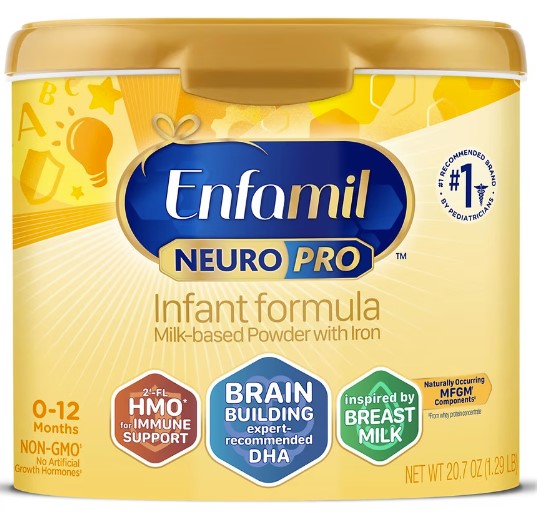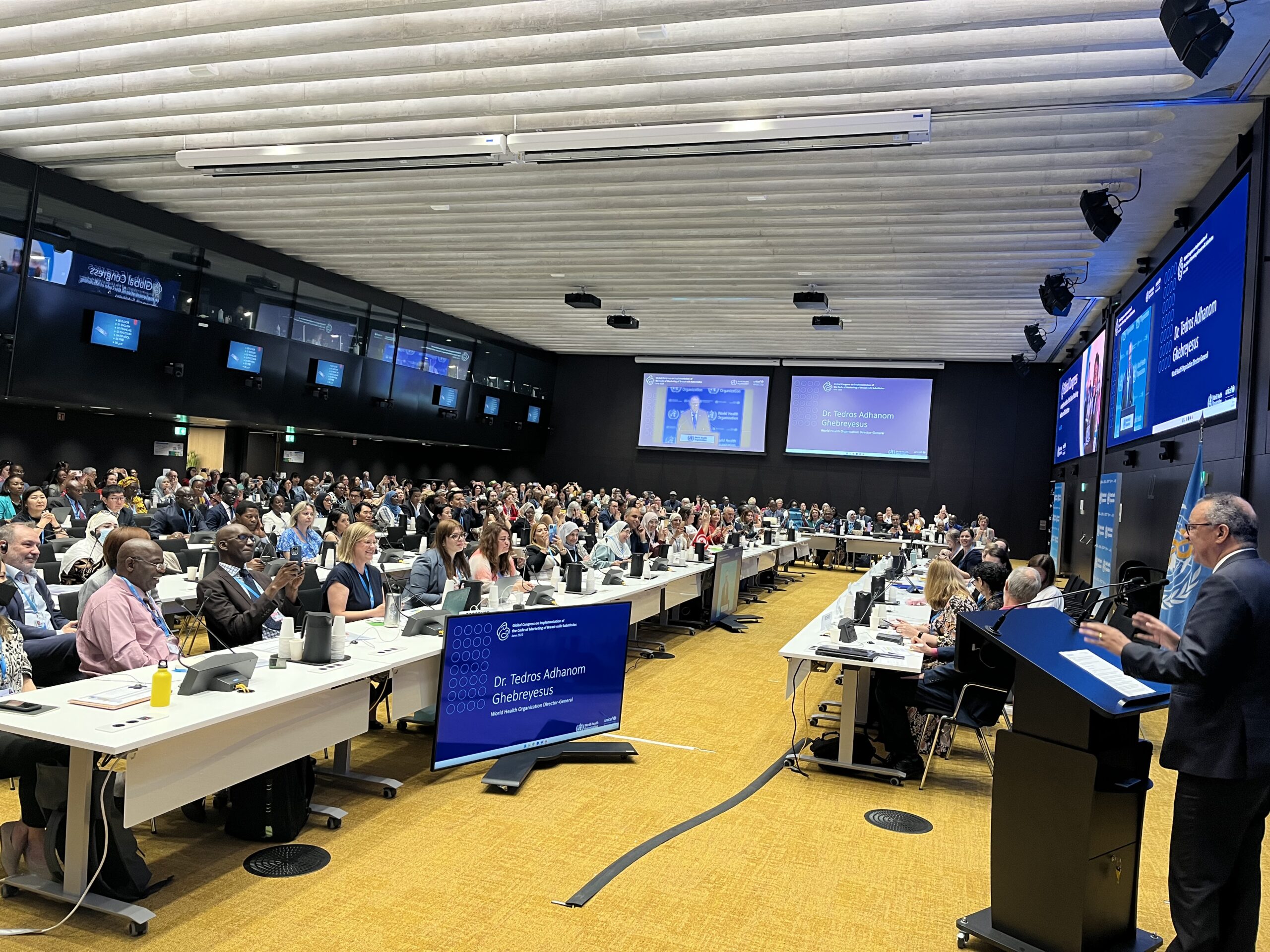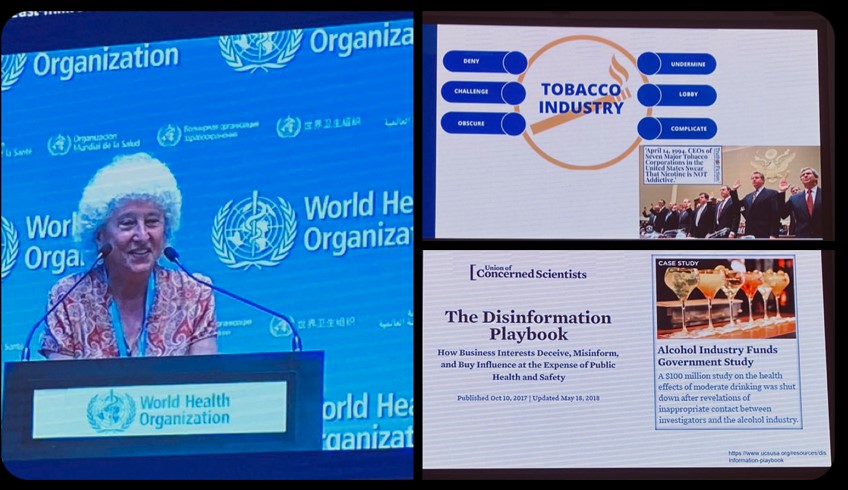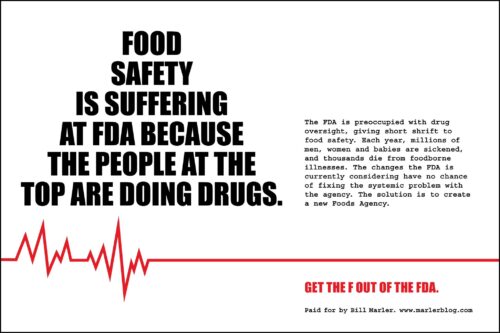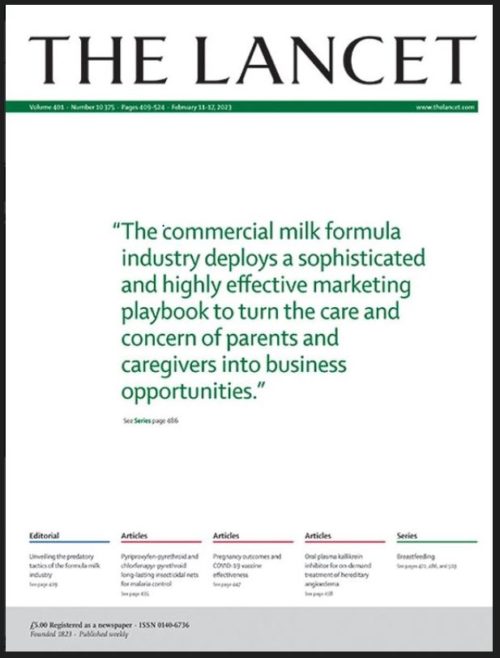The hazards of feeding babies and young children: What to do?
I’ve been collecting items on feeding kids. Here are four.
I. FDA Warning Letters: The FDA has sent warning letters to ByHeart, Mead Johnson Nutrition (Reckitt), & Perrigo Wisconsin for violating basic food safety standards in manufacture of infant formula.
They [letters] reflect findings from FDA inspections of these facilities over the last several months. At the time of each inspection, the FDA issued inspectional observations and exercised oversight of each firm as they initiated recalls (in December 2022, February 2023 and March 2023) to remove product potentially contaminated with Cronobacter sakazakii from the marketplace…The FDA is issuing these letters now as part of its normal regulatory process and to reinforce to these firms the importance of instituting and maintaining appropriate corrective actions when they detect pathogens to ensure compliance with the FDA’s laws and regulations. As part of this, the firms must, among other things, thoroughly conduct root cause investigations and perform subsequent cleaning and sanitation activities. Notably, firms also need to properly evaluate their cleaning and sanitation practices, schedules, and procedures before releasing product.
Comment: What shocks me is the implication that the companies are not already doing this as part of their normal routines.
II. Baby food pouches with lead sicken children.
At least 18 more children have been sickened by the recently recalled applesauce fruit pouches due to dangerous lead contamination, the Food and Drug Administration said, in a recent update. That brings the total number of affected children to 52. Applesauce pouches recall timeline:From recalls to poisoned kids in multiple states
Comment: Yes, I know self-feeding pouches are convenient, but I sure don’t like them much. They are usually loaded with sugar and they don’t teach kids about diverse food flavors and textures. Quality control, apparently, is a big issue. My vote: avoid.
III. Environmental Working Group study finds 40% of commercial baby foods to contain toxic pesticides.
- EWG sampled 73 products from three popular brands: 58 non-organic, or conventional, baby foods and 15 organic.
- At least one pesticide was detected in 22 of the conventional baby foods.
- No pesticides were detected in any of the 15 organic products.
Comment: Pesticides may be in all foods but they get concentrated in baby foods. The moral here is clear; if you want baby foods free of harmful pesticides, buy organic. For more on this, see article in The Guardian.
IV. The marketing of ultra-processed foods especially targets infants and young children. A study done in the UK provides ample documentation of anything you would want to know about this practice.
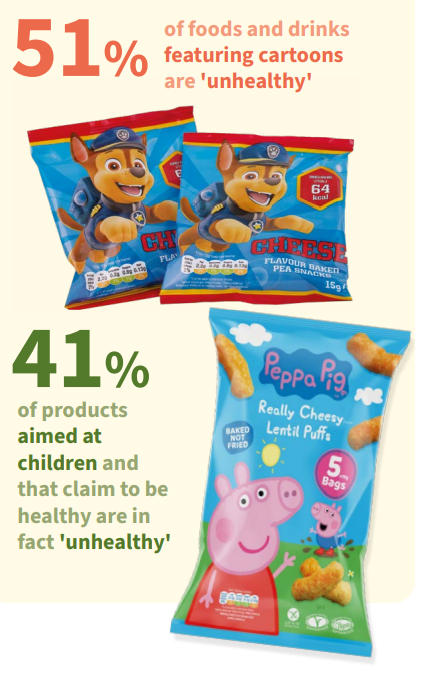
Comment: Food companies say they have to market to young children in order to meet sales growth targets. Ethics is not a consideration here.
Given that situation, what to do?
Understand: commercial infant and baby foods are convenient, but enormously profitable to manufacturers. Profits induce corporations to cut safety and health cautions. This tension should make you think twice about using commercial infant and child feeding products.
To the extent you can:
- Breast feed when possible, for as long as possible
- If you use infant formula, switch around the brands (they are all the same, nutritionally); buy organic if you can afford it.
- Make your own baby foods (put whatever healthy foods you are eating or have around in a tiny blender).; buy organic foods if you can afford them.
- Feed kids real foods as soon as they can grab, chew, and swallow them without choking.
If you eat a generally healthy diet, get your kids eating it as soon as they can.

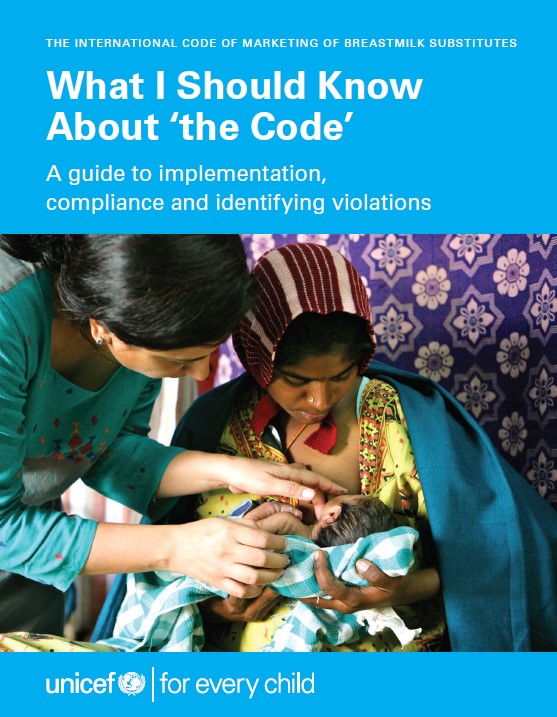
 I’m not sure how to interpret the “except” phrase, except that our FDA must think that the health claims on a product like this are entirely acceptable, whereas they would not be allowed in many other countries. [Reference 23 refers to UN General Assembly Resolution 63.23.]
I’m not sure how to interpret the “except” phrase, except that our FDA must think that the health claims on a product like this are entirely acceptable, whereas they would not be allowed in many other countries. [Reference 23 refers to UN General Assembly Resolution 63.23.]